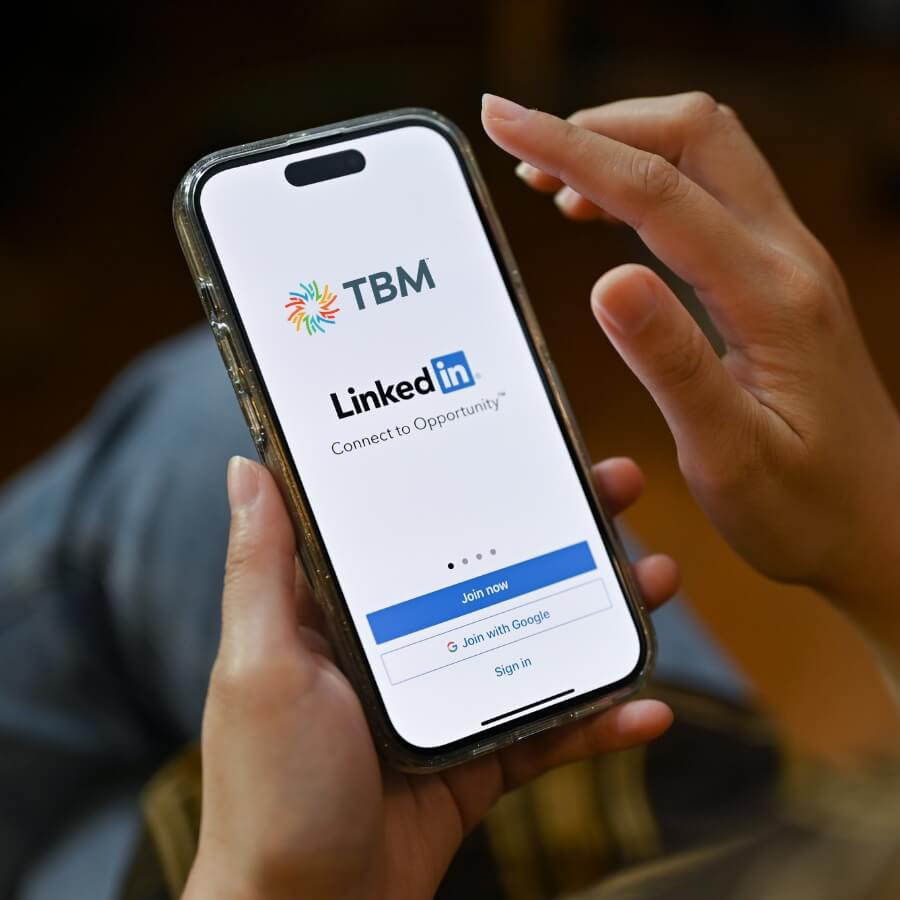Manufacturers and distributors can take a page from the playbook of new technology companies that are working hard to effectively onboard and retain new employees.
How to develop and manage an effective new employee onboarding process is a hot topic among companies fighting for top talent. We have found that manufacturers and distributors can benefit from the disciplined onboarding process currently being refined and deployed in the technology sector.
A structured and well-executed onboarding process can generate value in any sector by:
- Improving employee start-up performance quality and productivity by an order of magnitude
- Creating a positive reputation and word of mouth about the organization that supports recruiting efforts
- Reducing miscues, errors and rework, thereby improving customer service and retention
- Serving as the foundation for a highly positive culture or culture change effort
Keys to a successful new employee onboarding program include:
- A structured 2-6 week process that is communicated on day one outlining what new employees can expect from the leadership team, their mentor and what’s expected from them
- Assignment of a trained mentor who meets with the new employee on their first day and supports them through the initial weeks of acclimatization and training.
- A welcome presentation delivered by a member of the site or business leadership team that new employees will talk about with friends and family after their first day.
- Classroom training that is interactive and focused (maximum two hours per day) followed by a short written test and immediate application of the skills and knowledge learned
- Feedback and reinforcement discussions with managers and supervisors at the end of each day
- Rewards and recognition for team, mentor and new employee performance, including company-branded clothing and entertainment gift certificates.
While the new employee onboarding approach outlined above may seem time and resource intensive, we have found that the process generates a quick payback for new employees and helps further develop skill sets for others within the organization. In addition to rapid skill development, the entire organization benefits from mentorship training and the experience of training and working with new employees.


